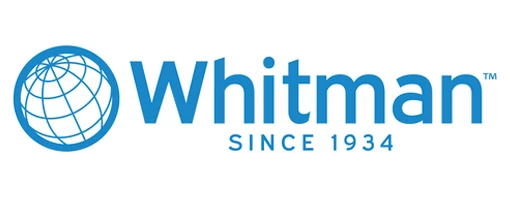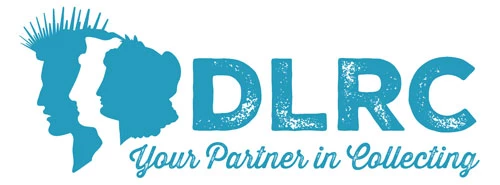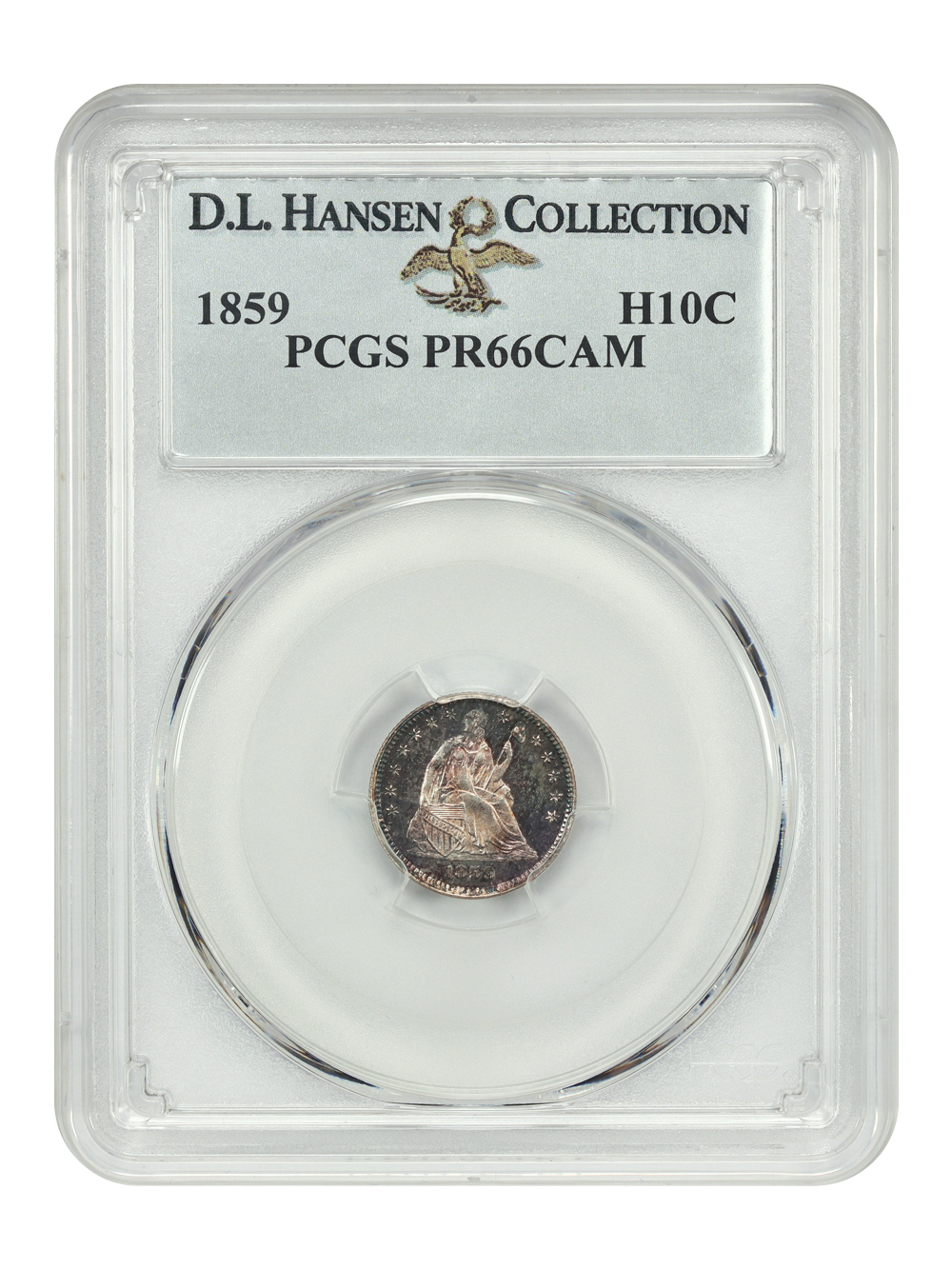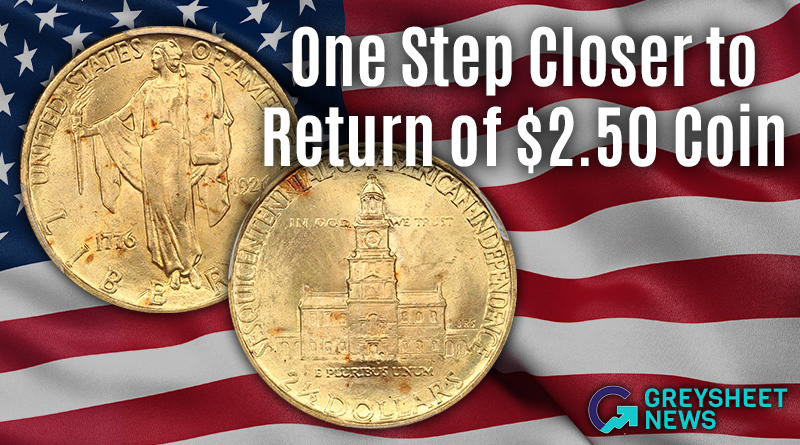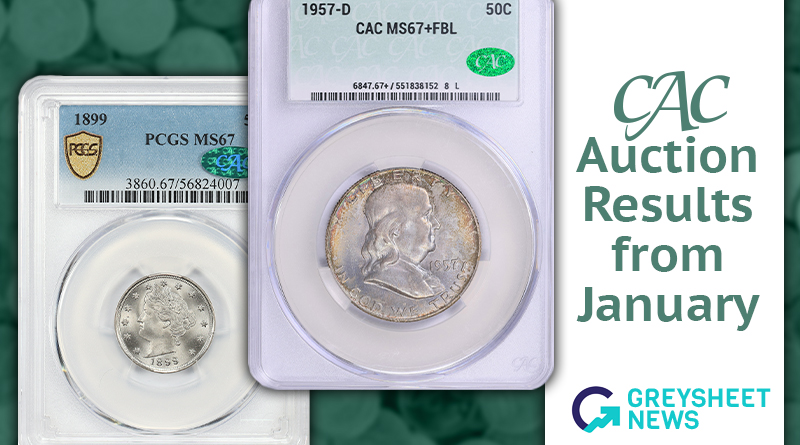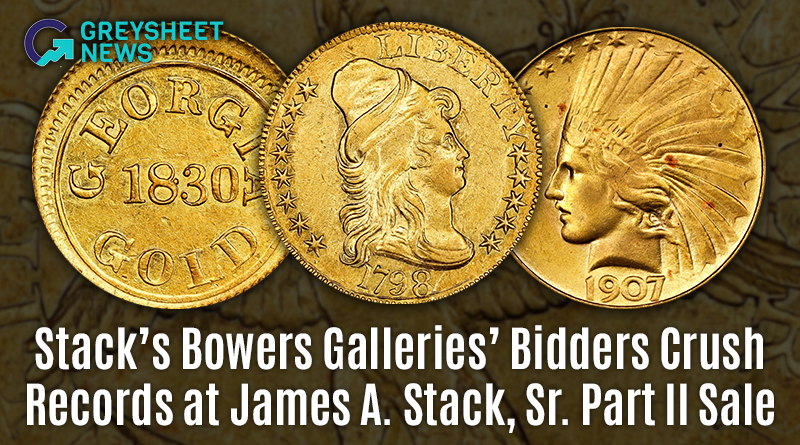- U.S. Coins /
- Half Dimes /
- Half Disme (1792) /
- 1792 H10c SP
1792 H10c SP

1792 H10C Judd-7, Pollock-7, SP67 PCGS Secure. CAC. R.4 as a Business Strike, Unique as a Specimen....
Source: HA
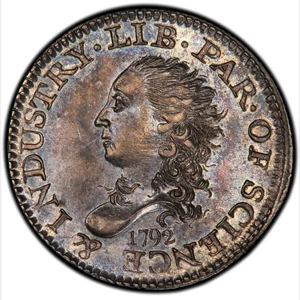

1792 H10C Judd-7, Pollock-7, SP67 PCGS Secure. CAC. R.4 as a Business Strike, Unique as a Specimen....
Source: HA
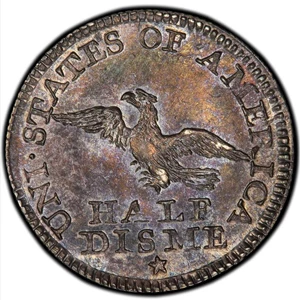

1792 H10C Judd-7, Pollock-7, R.4 as a Business Strike SP67 PCGS....
Source: HA

1792 H10C Judd-7, Pollock-7, R.4 as a Business Strike SP67 PCGS....
Source: HA

1792 H10C Judd-7, Pollock-7, R.4 as a Business Strike SP67 PCGS....
Source: HA

1792 H10C Judd-7, Pollock-7, R.4 as a Business Strike SP67 PCGS....
Source: HA

1792 H10C Judd-7, Pollock-7, SP67 PCGS Secure. CAC. R.4 as a Business Strike, Unique as a Specimen....
Source: HA

1792 H10C Judd-7, Pollock-7, SP67 PCGS Secure. CAC. R.4 as a Business Strike, Unique as a Specimen....
Source: HA










Greysheet Catalog Details (GSID: 3716)
Special special striking of the Judd-7 pattern. The 1792 Half Disme is a historic numismatic rarity that ushered in the production of coinage for the United States of America. Alexander Hamilton was ordered by Congress, on April 15, 1790, to establish a Mint for our new country. Just over a year later, the Morris Bill was drafted, detailing the framework of the American coinage system.
By April, 1792, the Mint Act was passed; and, by order of George Washington, the first coin was set to be minted. The Half Disme was conceptualized by David Rittenhouse who went on to become the very first Mint Director.
Thomas Jefferson, himself, delivered the silver to the manufacturer, John Harper, who was a toolmaker by trade. Three months later, Harper presented Jefferson with 1,500 coins given the name Half Dismes, per the Mint Act.
The Half Dismes were struck using dies created by the engraver, Robert Birch. The Morris Bill required that the Half Dismes contain 0.8924 silver along with other metals for a total weight of 1.35 grams and a diameter of 17.5 millimeters. On November 6, 1792, these coins were put into circulation by the United States Mint as the first legal tender of our nation.
The mintage for the 1792 Half Disme was 1,500. Unfortunately, approximately just 275 are estimated to have survived in all grades with about 15% of those in mint state.
Obverse: The obverse of the coin displays a depiction of Liberty facing to the left, with the date below the bust, and the phrase LIB PAR OF SCIENCE & INDUSTRY in the legend.
Reverse: The reverse portrays an eagle, also facing to the left, with "HALF DISME" beneath it and the legend displaying "UNITED STATES OF AMERICA."
Catalog Detail
Greysheet & CPG® PRICE GUIDE
From the Greysheet Marketplace
Buy Now: $205,000.00
Buy Now: $3,006.25
Buy Now: $624.38
Buy Now: $2,705.63
Buy Now: $7,215.00
Buy Now: $16,187.50
Buy Now: $33,531.25
Buy Now: $30,640.63
Buy Now: $11,100.00
Buy Now: $5,000.00
Related Stories (powered by Greysheet News)
View all newsAbout CDN Prices
All CDN prices are based on proprietary market knowledge and technology developed by CDN Publishing, LLC.
CPG® prices represent retail levels. Collectors should refer to CPG values as a starting place for their negotiations, or auction bid reference.
Greysheet/Greensheet prices are wholesale market levels for collectible coins/paper money intended to indicate what a dealer, or wholesale, buyer would pay for the described item in the specified grade. Greysheet/Greensheet represent "sight-seen" values based on a buyer's in-hand review. The actual value can be more or less than this depending on factors including eye appeal and market timing.
Bluesheet (NGC & PCGS) prices represent the highest sight-unseen offers to buy on dealer networks like CDN Exchange. In many cases, there are no active sight-unseen buy offers, so CDN looks to the recent lowest market values for such an item. For this reason, Bluesheet values typically represent the floor of the market for the specified item. CDN only tracks Bluesheet on certain items.
CAC prices are for U.S. coins that meet the standards of the Certified Acceptance Corporation. You can learn more about CAC on their web site.
Price movement is indicated for price changes in the last 30 days.
The prices listed in our database are intended to be used as an indication only. Users are strongly encouraged to seek multiple sources of pricing before making a final determination of value. CDN Publishing is not responsible for typographical or database-related errors. Your use of this site indicates full acceptance of these terms.


 Dealers Only
Dealers Only


